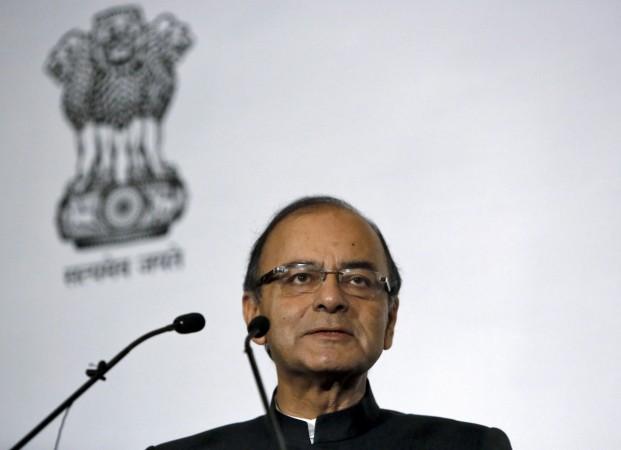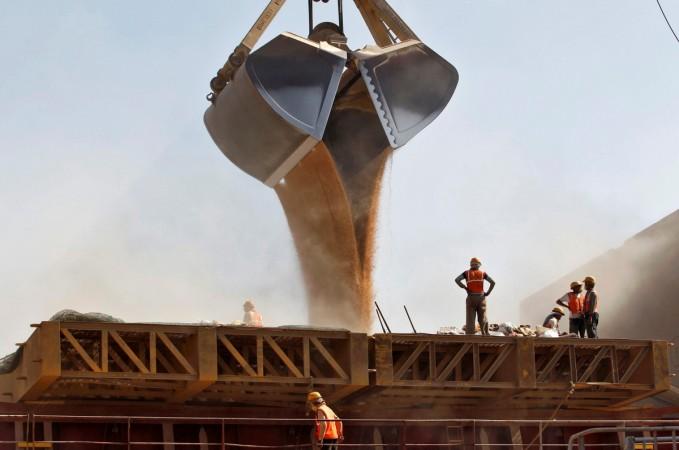
The Modi government has been weighing the possibility of introducing a stimulus package, following GDP growth in the first quarter (Q1) ended June 30, slumping to a 3-year low of 5.7 per cent. It has now done just that by considering a Rs 50,000-crore fiscal stimulus to the economy to boost exports, support MSMEs, and expand bank credit, even at the cost of letting the fiscal deficit widen a little, Reuters reported on Thursday, citing two government sources.
Television channel ET Now on Thursday reported the proposed stimulus as Rs 40,000 crore, citing unidentified sources.
This is despite industry reportedly not being too enthused about such a move. The government has acknowledged that GDP growth in Q1 was dragged lower due to destocking by manufacturers prior to the introduction of the GST (Goods and Service Tax) on July 1.
ET Now said that the government is considering giving itself some elbow room on fiscal deficit as it believes that given the current state of the economy, a fiscal stimulus of Rs 40,000 crore would be more crucial than maintaining fiscal deficit.
Indian banks are desperate for capital as they have been reeling under pressure from bad loans, leading to credit growth in India being stifled.
The government seems to be of the view that the FRBM panel (Fiscal Responsibility and Budgetary Management) has made provisions for a higher deficit in lieu of structural reforms, the report said, adding that hence, the government is likely to relax the fiscal deficit target this year given the recent implementation of major reforms like GST and demonetisation.
Business Today had earlier reported that as private capital expenditure has long been muted following demonetisation and the hasty implementation of India's biggest tax overhaul, and the government is expected to announce a big capital allocation for public sector projects in the stimulus package.
Elaborating on the specific heads of the proposed stimulus, financial daily Economic Times (ET) quoted ET Now as saying that the government is considering an interest subvention scheme for MSMEs (micro, small and medium enterprises) — a sector widely considered to be among the primary drivers of India's economy.

The government is also considering relaxing the working capital requirement for the MSMEs to 180 days from the current 90 days, which will provide them with enough elbow room, ET said.
The government is also likely to infuse an additional Rs 25,000 crore into recapitalising state-run banks in addition to the Rs 15,000 crore already budgeted. This additional amount of Rs 25,000 crore is not a part of the Rs 40,000-crore stimulus package calculation, ET said, quoting the ET Now report.
Last month, the government figures showed that India's GDP growth disappointed for the second straight quarter, slowing down to a mere 5.7 percent in the April-June period and pitting the country behind China on the list of world's fastest growing major economies, ET said.
The 5.7 percent fiscal first quarter GDP growth was much lower than the 7.1 percent seen in the same quarter a year ago, and down from 6.1 percent in the preceding quarter. The government sought to apportion a major part of the blame for the slow growth on GST, saying that high levels of inventory drawdowns and destocking due to businesses rushing to clear stocks ahead of the implementation of the ambitious tax reform had a negative impact on GDP growth.









